|
A question we hear from parents all too often is, “but my child already did a pottery [insert: drawing, painting, mixed media, etc.] camp, will you be doing anything different this time?” The short answer is "yes", but we'll explain. For those familiar with the Arts & Crafts time slots at sleepaway camps or multi-activity day camps, we understand where the question may come from. In a craft setting, campers put the pieces together to create a specific project outcome, a specific product. Say, the project is making a caterpillar with clothes pin, pom-pom balls, googly eyes, and maybe some colorful pipe cleaners if you’re feeling fancy. Clothes pin caterpillars can be a fun project, and maybe you could switch up the colors of the pom-poms, but this project will basically be the same thing if you were to do it more than once. These craft-type projects require less artistic skills and more direction-following skills. Can your child put six dots of glue on a clothes pin and put six pom-pom balls on top of the dots? Yes? Perfect, he’s done. Process over Product While these types of projects have their place in kids’ activities and while learning to follow directions is certainly beneficial, these are not the type of projects we do in our summer art camps (or any of our classes, workshops, or on-site enrichment classes). Because our summer art camps (and classes, workshops, and on-site enrichment classes) focus on the process of creating art and on building of artistic skills, our students are given tools to practice creative problem solving and using imagination in every piece of work they do, instead of simply following a prescribed list of tasks. Building Skills on Skills For instance, if we’re teaching our drawing classes or camps to use perspective, our instructors will explain the process and procedure of drawing in perspective, and students may even go step by step through creating the perspective drawing. “But if they’re creating step by step, what’s the difference between the caterpillar craft and this perspective project?” you ask. The difference is, students are learning a skill that they can apply to later problems they run into while creating. They are learning how to draw in a way that conveys and depicts the depth that we see in the natural world. Once they’ve drawn one perspective drawing, are they done? Have they learned all about perspective and now they can check that off their list and move on? No, because the concept will come back again and again and need to be applied in different ways in different circumstances. You can think about this concept by relating artistic skills to math skills. In first grade, your child learns to add: 1+2=3, 2+2=4, etc. The teacher may take the students step by step through the problems presented on the board., but your child can use these skills later, build on these skills and concepts, and pretty soon, she’s using them to solve for x in her 8th grade algebra class and years later moving on to more difficult concepts involving the letter x in calculus. Making art can also be related to athletic skill – once your child learns to shoot a basketball, you don’t assume they’ve mastered the skill. Instead, you create opportunities for them to practice shooting the ball, and practice different ways of shooting under different circumstances, otherwise they won’t get better. The same is true with all skills you learn in art classes, whether you’re working in drawing, painting, mixed media, sculpture, or pottery. So if your child has attended our camps and drawn a self-portrait before, or has made a coil pot before, or has painted a landscape before, or has worked on the potter's wheel before, they've only just started shooting the ball at the basket. We don’t expect our kids to be "done" with basketball if they went to one practice, or done with gymnastics once they learn to cartwheel; it's the same with art. So to answer the question, what campers will be doing different the next time is: building on the skills they've begun exploring.
And if you find yourself asking, "will my child enjoy that?", chances are if they enjoyed learning and participating the first time, they will probably enjoy more chances to hone their skills and apply their newly-acquired knowledge. What is your child's favorite camp? Leave us a comment - we'd love to hear. (And if you're still looking for summer camps, you can view our Summer Art camp option here.) Comments are closed.
|
MUSEO blogSharing our love of art education, one post at a time. Categories
All
|

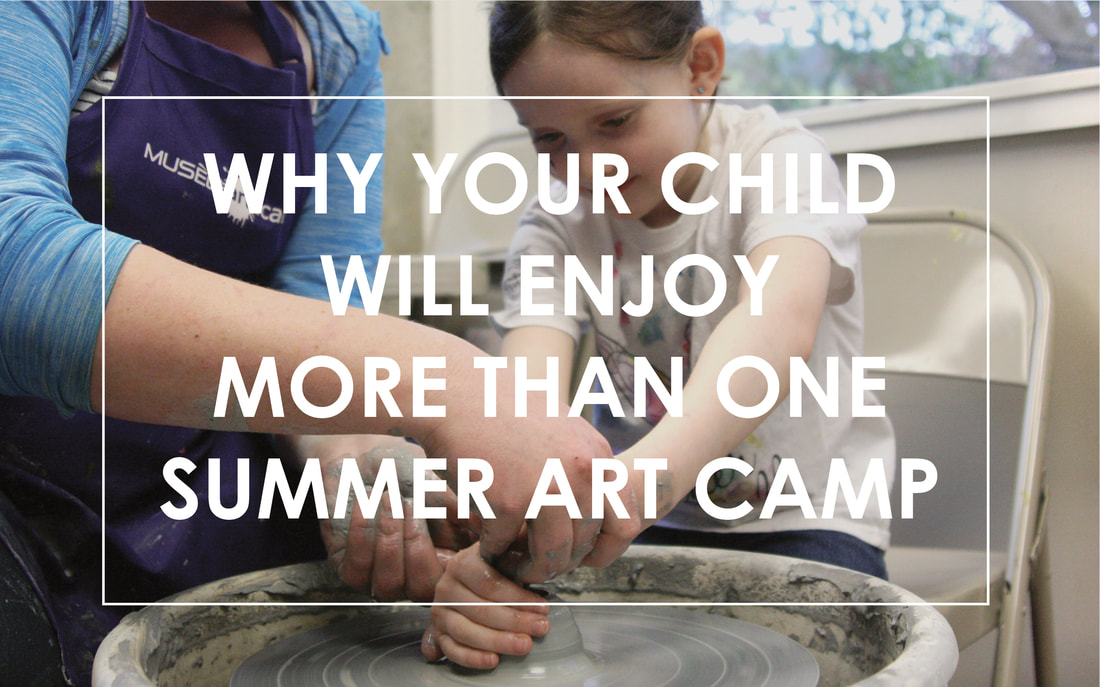
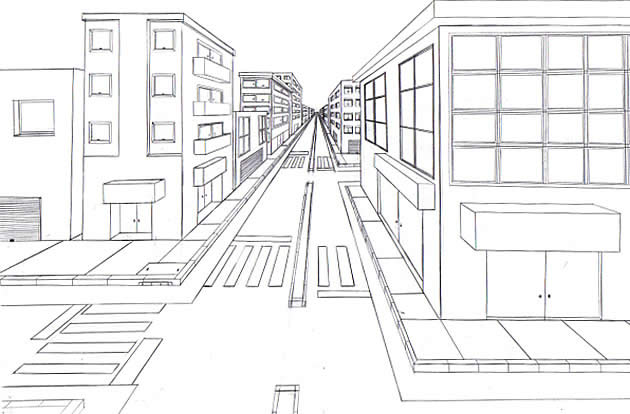
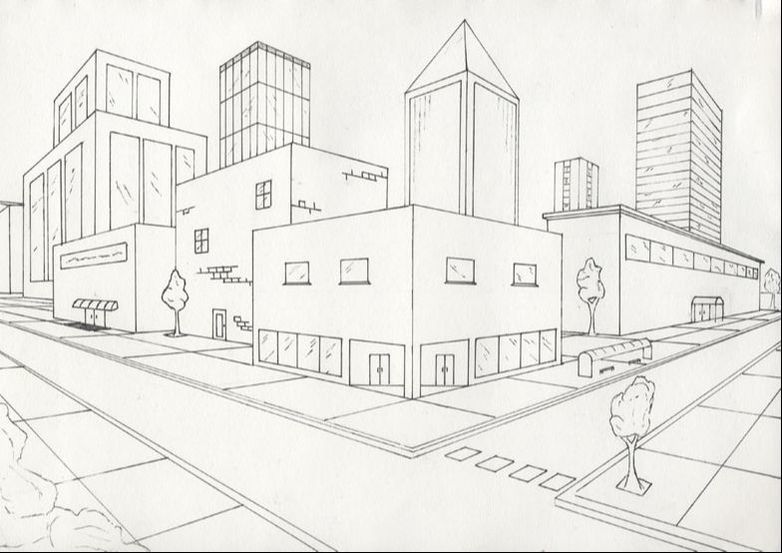
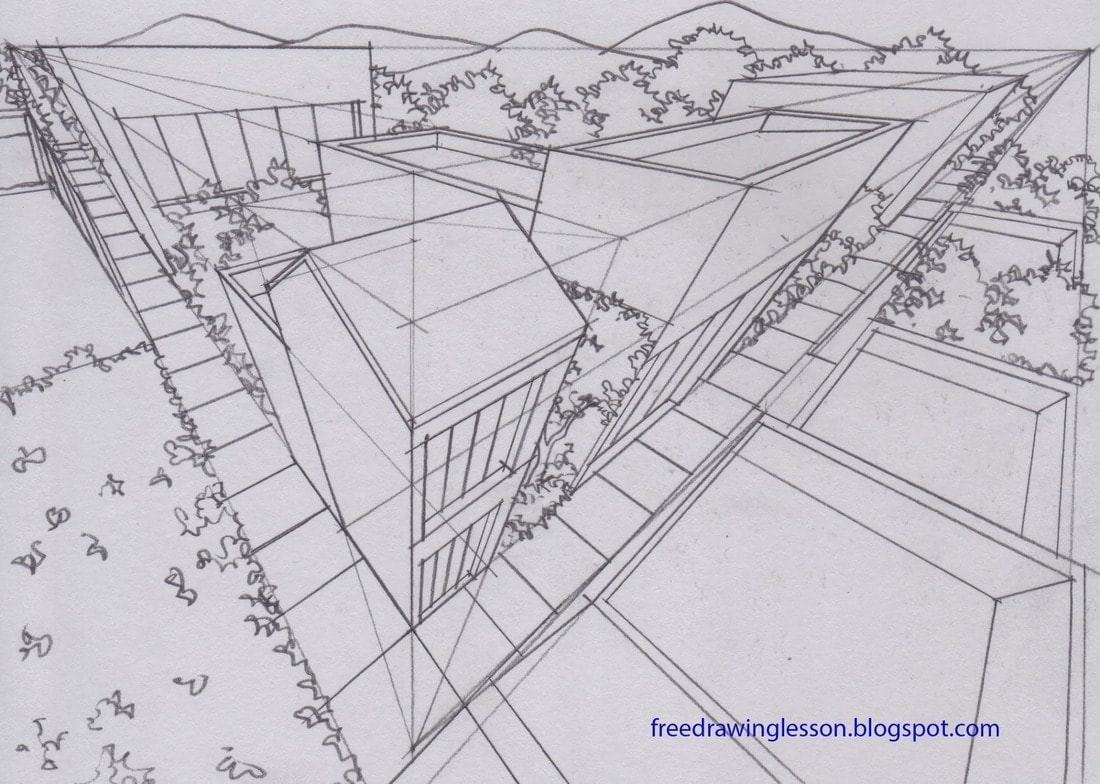
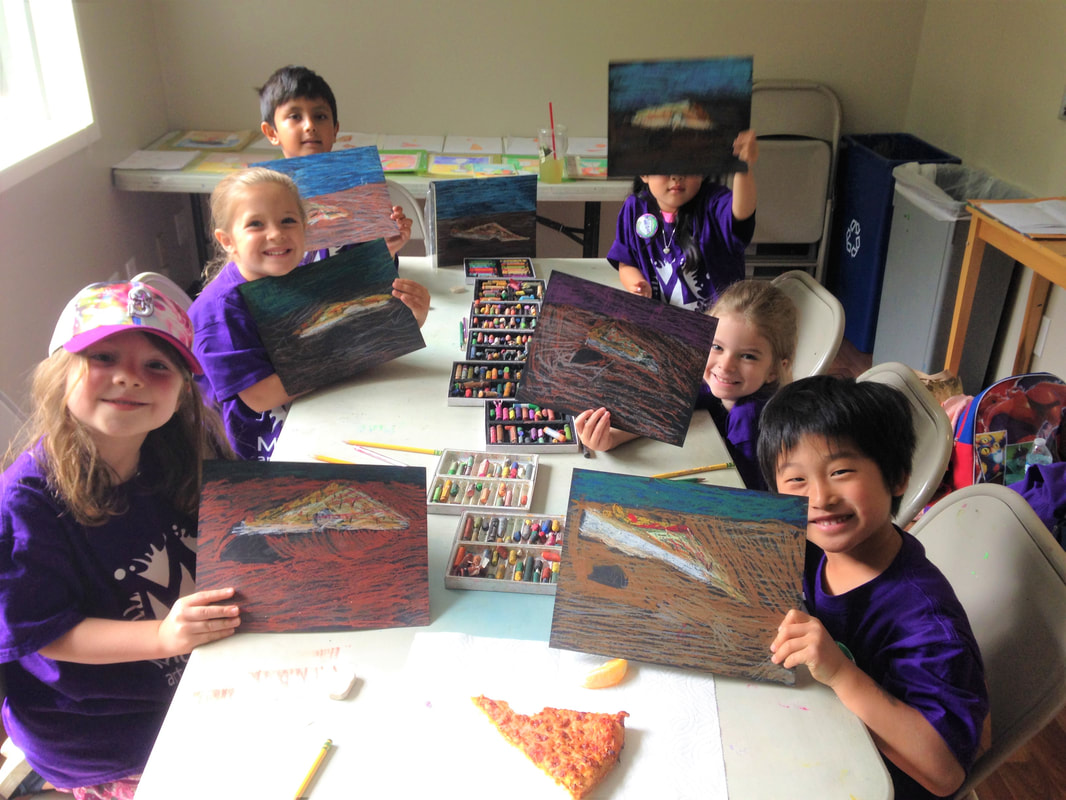
 RSS Feed
RSS Feed